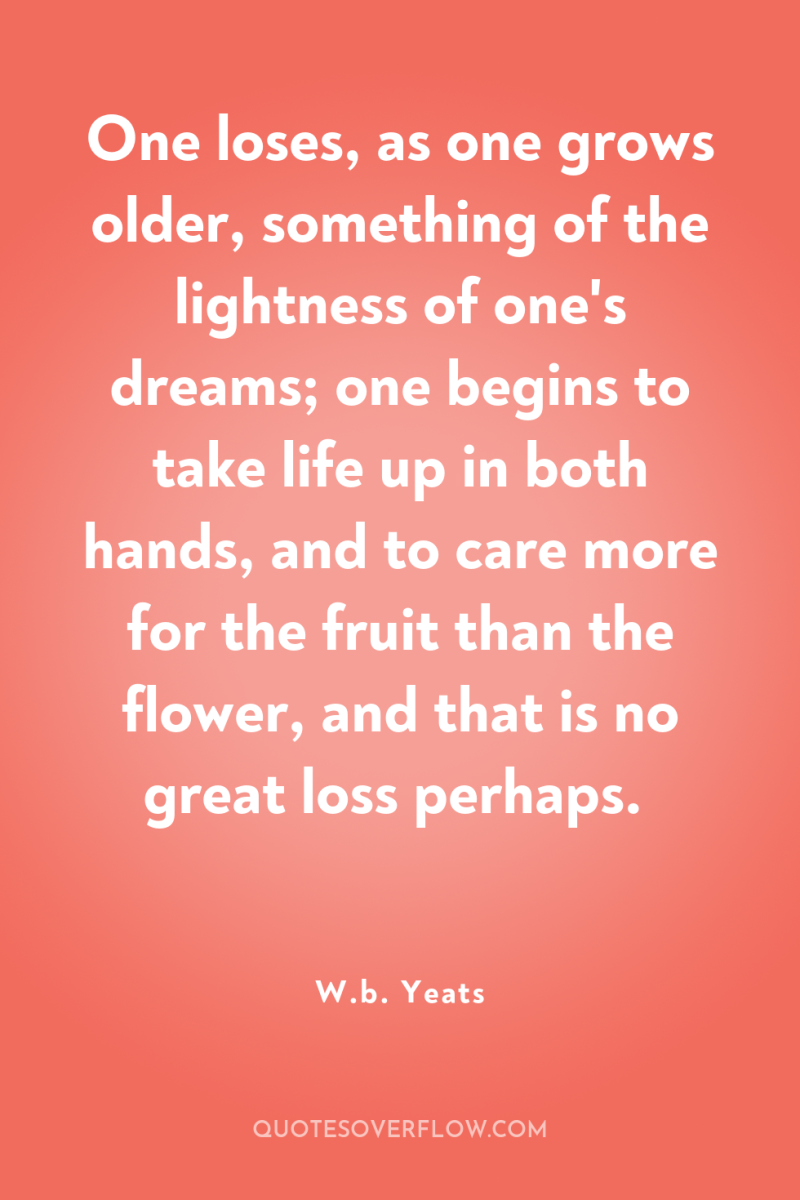1
There are some doubters even in the western villages. One woman told me last Christmas that she did not believe either in hell or in ghosts. Hell she thought was merely an invention got up by the priest to keep people good; and ghosts would not be permitted, she held, to go 'trapsin about the earth' at their own free will; 'but there are faeries, ' she added, 'and little leprechauns, and water-horses, and fallen angels.' I have met also a man with a mohawk Indian tattooed upon his arm, who held exactly similar beliefs and unbeliefs. No matter what one doubts one never doubts the faeries, for, as the man with the mohawk Indian on his arm said to me, 'they stand to reason.' Even the official mind does not escape this faith. ("Reason and Unreason") .W.b. Yeats
2
What is literature but the expression of moods by the vehicle of symbol and incident? And are there not moods which need heaven, hell, purgatory, and faeryland for their expression, no less than this dilapidated earth? Nay, are there not moods which shall find no expression unless there be men who dare to mix heaven, hell, purgatory, and faeryland together, or even to set the heads of beasts to the bodies of men, or to thrust the souls of men into the heart of rocks? Let us go forth, the tellers of tales, and seize whatever prey the heart long for, and have no fear. Everything exists, everything is true, and the earth is only a little dust under our feet." (A Teller of Tales) .W.b. Yeats

3
One loses, as one grows older, something of the lightness of one's dreams; one begins to take life up in both hands, and to care more for the fruit than the flower, and that is no great loss perhaps.W.b. Yeats
4
What is literature but the expression of moods by the vehicle of symbol and incident?W.b. Yeats
5
By the Hospital Lane goes the 'Faeries Path.' Every evening they travel from the hill to the sea, from the sea to the hill. At the sea end of their path stands a cottage. One night Mrs. Arbunathy, who lived there, left her door open, as she was expecting her son. Her husband was asleep by the fire; a tall man came in and sat beside him. After he had been sitting there for a while, the woman said, 'In the name of God, who are you?' He got up and went out, saying, 'Never leave the door open at this hour, or evil may come to you.' She woke her husband and told him. 'One of the good people has been with us, ' said he. ("Village Ghosts") .W.b. Yeats
6
We can make our minds so like still water that beings gather about us that they may see, it may be, their own images, and so live for a moment with a clearer, perhaps even with a fiercer life because of our quiet.W.b. Yeats
7
In the great cities we see so little of the world, we drift into our minority. In the little towns and villages there are no minorities; people are not numerous enough. You must see the world there, perforce. Every man is himself a class; every hour carries its new challenge. When you pass the inn at the end of the village you leave your favourite whimsy behind you; for you will meet no one who can share it. We listen to eloquent speaking, read books and write them, settle all the affairs of the universe. The dumb village multitudes pass on unchanging; the feel of the spade in the hand is no different for all our talk: good seasons and bad follow each other as of old. The dumb multitudes are no more concerned with us than is the old horse peering through the rusty gate of the village pound. The ancient map-makers wrote across unexplored regions, 'Here are lions.' Across the villages of fishermen and turners of the earth, so different are these from us, we can write but one line that is certain, 'Here are ghosts.' ("Village Ghosts") .W.b. Yeats